Home>Articles>How Much Does It Cost To Install HVAC In A House
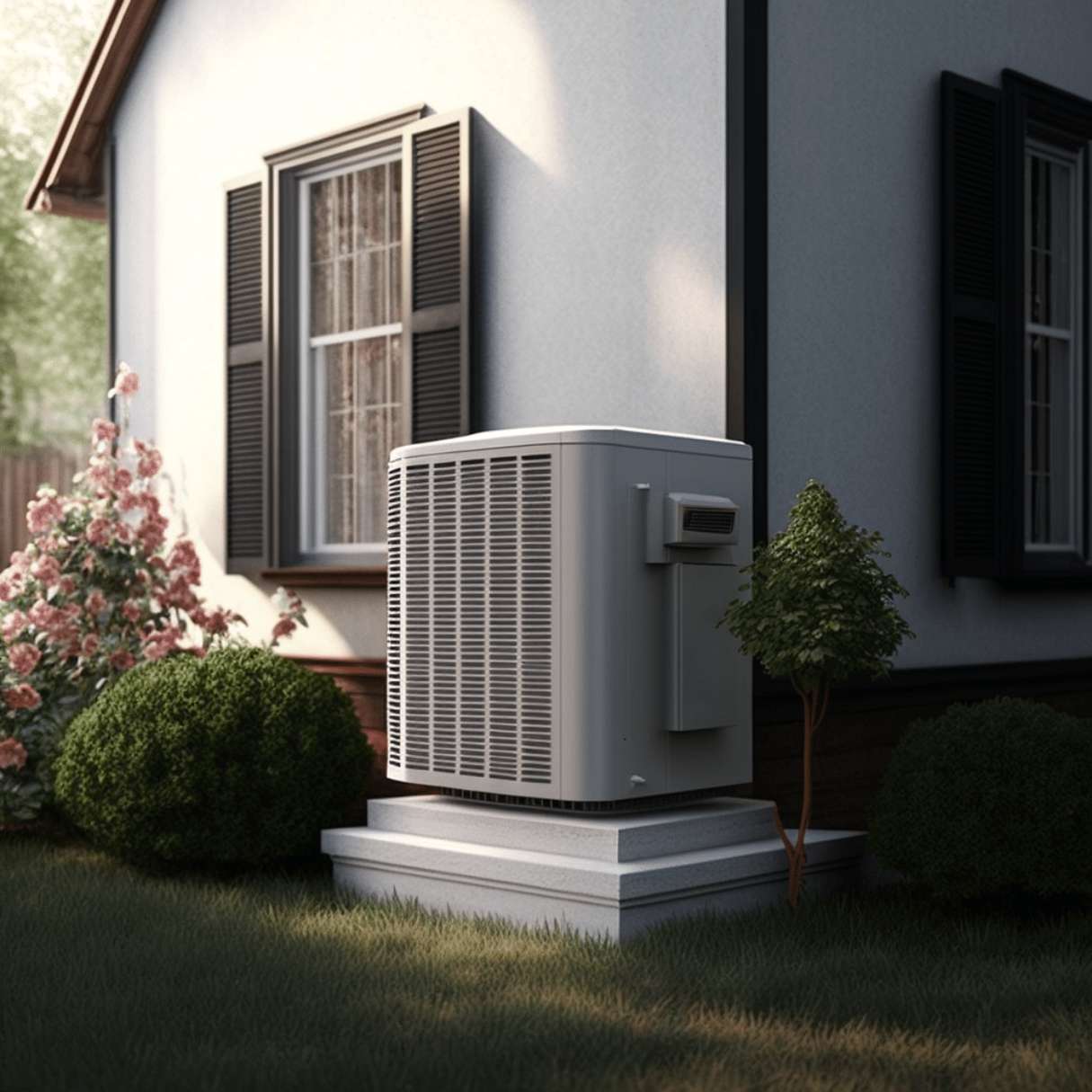

Articles
How Much Does It Cost To Install HVAC In A House
Modified: October 18, 2024
Get expert articles on how much it costs to install HVAC in a house. Learn about the average prices and factors that affect installation costs.
(Many of the links in this article redirect to a specific reviewed product. Your purchase of these products through affiliate links helps to generate commission for Storables.com, at no extra cost. Learn more)
Introduction
When it comes to creating a comfortable and enjoyable living environment, having a reliable heating, ventilation, and air conditioning (HVAC) system is essential. However, installing an HVAC system in a house is not a simple task and often involves significant costs. If you’re considering installing HVAC in your home, understanding the factors that affect installation costs is crucial for making informed decisions and budgeting effectively.
There are several key factors that can impact the cost of HVAC installation. These include the type of HVAC system you choose, the size and layout of your home, the condition of your existing ductwork, the additional components needed for optimal performance, and the labor costs associated with installation. Additionally, permit and inspection fees may be required depending on local regulations.
In this article, we will delve into each of these factors in detail and provide insights into how they can affect the overall cost of installing HVAC in a house. By having a comprehensive understanding of these factors, you can better prepare yourself and make well-informed decisions throughout the HVAC installation process.
Key Takeaways:
- Understanding the factors that impact HVAC installation costs, such as the type of system, home size, and labor expenses, is crucial for effective budgeting and informed decision-making. Working with reputable HVAC contractors can provide accurate estimates and ensure a successful installation.
- While upfront costs are important, considering long-term benefits and energy savings from an energy-efficient HVAC system is equally vital. Investing in high-quality equipment, proper installation, and regular maintenance can lead to improved comfort, energy efficiency, and overall system performance.
Factors Affecting HVAC Installation Costs
There are several factors that can have a significant impact on the overall cost of HVAC installation in a house. By understanding these factors, you can better anticipate the expenses involved and make informed decisions regarding your HVAC system. Here are the key factors to consider:
- Type of HVAC System: The type of HVAC system you choose will play a significant role in determining the installation costs. There are various options available, including central air conditioning systems, heat pumps, and ductless mini-split systems. Each type has its own installation requirements and associated costs.
- Size and Layout of Your Home: The size of your home and its layout can impact the complexity of the HVAC installation process. Larger homes may require more equipment and materials, resulting in higher costs. Similarly, if your home has multiple levels or unique architectural features, it may add complexity to the installation process, affecting the overall cost.
- Condition of Existing Ductwork: If your home already has existing ductwork for heating and cooling, the condition of it will influence the installation cost. If the ductwork is outdated, damaged, or requires modifications, it may need to be repaired or replaced, which can add to the overall expenses.
- Additional Components: In addition to the main HVAC system, there are several additional components that may be necessary for optimal performance. This includes thermostats, air purifiers, humidifiers, and zoning systems. Integrating these components into your HVAC system will add to the installation costs.
- Labor Costs: The cost of labor for HVAC installation can vary depending on factors such as the complexity of the installation, the skill level of the technicians, and the geographic location of your home. It’s important to obtain multiple quotes from reputable HVAC contractors to ensure a fair and competitive price.
By considering these factors, you can gain a clearer understanding of the potential costs associated with installing an HVAC system in your house. Keep in mind that every home is unique, and these factors may vary in their significance based on your specific circumstances.
HVAC System Types
When it comes to choosing an HVAC system for your home, there are several options to consider. Each type of system has its own set of advantages and installation requirements. Understanding the different HVAC system types can help you make an informed decision based on your specific needs and budget. Here are the most common types of HVAC systems:
- Central Air Conditioning Systems: Central air conditioning systems are a popular choice for cooling homes. They consist of a central unit that cools and dehumidifies air, which is then distributed throughout the house via ductwork and vents. Central AC systems require ductwork to function properly and typically provide consistent cooling throughout the entire home.
- Heat Pumps: Heat pumps are versatile HVAC systems that can provide both heating and cooling. They work by transferring heat between the indoors and outdoors, depending on the desired temperature. Heat pumps are energy-efficient and can be a cost-effective option in moderate climates. They are available in both ducted and ductless models.
- Ductless Mini-Split Systems: Ductless mini-split systems are a great option for homes without existing ductwork or for specific areas that need independent temperature control. These systems consist of an outdoor unit and one or more indoor units that are mounted on walls or ceilings. Ductless mini-splits are highly efficient and allow for individual temperature control in different zones of the house.
- Geothermal Systems: Geothermal HVAC systems use the stable temperature of the earth to provide heating and cooling. They harness the energy stored in the ground to transfer heat into or out of the house. Geothermal systems are highly efficient and can help reduce energy costs over the long term, but they require a significant upfront investment for installation.
- Radiant Heating Systems: Radiant heating systems use water tubes or electric coils installed beneath the floor, in walls, or in ceilings to provide heating. These systems deliver heat directly to objects and people in the room, creating a comfortable and efficient heating experience. Radiant heating can be used in conjunction with other cooling systems or as a standalone heating method.
Before choosing an HVAC system for your home, consider factors such as your climate, energy efficiency goals, budget, and the availability of ductwork. Consulting with an HVAC professional can help you make the right decision based on your specific needs, ensuring optimal comfort and cost savings for years to come.
Cost of HVAC Equipment
One of the significant expenses involved in HVAC installation is the cost of the equipment itself. The price of HVAC equipment can vary based on factors such as the type of system, the brand, size, and energy efficiency rating. Understanding the cost of HVAC equipment can help you budget effectively and make informed decisions when selecting the right system for your home. Here are some key factors to consider:
- Type of System: Different types of HVAC systems have varying equipment costs. For example, central air conditioning systems tend to be more expensive than ductless mini-split systems. Heat pumps and geothermal systems can also have higher upfront costs due to the technology involved.
- Brand: The brand of the HVAC equipment can also impact the cost. Well-known, reputable brands often come with higher price tags, but they may offer greater reliability and longer warranties, giving you peace of mind over the years.
- Size and Capacity: The size and capacity of the HVAC equipment needed for your home will impact the cost. A larger home may require a larger HVAC unit to adequately cool or heat the space, which could result in a higher price. It’s essential to have an HVAC professional perform a load calculation to determine the appropriate size for your specific needs.
- Energy Efficiency: Energy-efficient HVAC equipment may have a higher upfront cost but can yield long-term savings on energy bills. Look for systems with high SEER (Seasonal Energy Efficiency Ratio) ratings for air conditioners and high HSPF (Heating Seasonal Performance Factor) ratings for heat pumps.
- Add-On Features: Some HVAC systems offer additional features that can enhance comfort and convenience, such as programmable thermostats, air purifiers, and humidity control. While these add-on features may increase the overall cost, they can provide significant benefits for indoor air quality and energy efficiency.
It’s important to consider not just the upfront cost of HVAC equipment but also its long-term value. Energy-efficient systems may qualify for rebates or incentives, providing additional savings. Moreover, high-quality equipment tends to be more durable and reliable, reducing the need for frequent repairs or replacements down the line.
To get an accurate estimate of equipment costs, consult with multiple HVAC contractors. They will assess your home’s needs and provide you with options that fit your budget and requirements. Remember that investing in quality equipment can result in better performance, energy savings, and overall comfort for your home.
Cost of Ductwork Installation
When installing an HVAC system, the cost of ductwork can be a significant factor to consider. Ductwork is responsible for distributing conditioned air throughout your home, ensuring that each room receives proper heating or cooling. The cost of ductwork installation can vary depending on factors such as the size of your home, the complexity of the duct system, and the materials used. Here are some key points to keep in mind:
- Size and Layout of Your Home: The size and layout of your home will play a role in determining the amount of ductwork needed and the complexity of the installation process. Larger homes or those with multiple levels may require more ductwork and take longer to install, resulting in higher costs.
- Type of Ductwork: There are different types of ductwork materials available, including sheet metal, fiberglass, and flexible ducts. The cost of the materials can vary, with sheet metal being the most expensive option. However, sheet metal ducts are durable and offer excellent airflow, making them a popular choice among homeowners.
- Number of Vents and Registers: The number of vents and registers required for your home will impact the cost of ductwork installation. Each vent and register needs to be properly installed and connected to the duct system. Larger homes or those with more rooms and living spaces will require more vents, resulting in higher installation costs.
- Duct Insulation: Insulating the ductwork is essential for energy efficiency and preventing condensation. Insulated ducts help maintain the temperature of the air as it travels through the system, reducing energy loss. However, adding insulation to the ductwork can increase the installation cost.
- Additional Modifications: In some cases, existing ductwork may need modifications or repairs to accommodate the new HVAC system. This can involve sealing leaks, adding dampers for zoning, or rerouting ducts to optimize airflow. These modifications can add to the overall cost of ductwork installation.
It’s important to work with a professional HVAC contractor who can assess your home and provide an accurate estimate for the cost of ductwork installation. They can determine the optimal size and layout of the duct system, recommend the right materials, and ensure that the installation meets local building codes and regulations.
Remember that the quality of the ductwork installation is crucial for the overall performance of your HVAC system. Properly installed and sealed ducts can improve airflow, energy efficiency, and indoor air quality. Investing in professional installation and high-quality materials will contribute to the longevity and effectiveness of your HVAC system.
Get multiple quotes from different HVAC contractors to compare prices and services. Make sure to ask about any additional costs for ductwork, permits, or equipment upgrades.
Cost of Additional Components
When installing an HVAC system in your home, there are often additional components that can enhance its performance and overall comfort. These components come with their own costs, and it’s essential to consider them when budgeting for your HVAC installation. Here are some common additional components and their associated costs:
- Thermostats: Upgrading to a programmable or smart thermostat can provide greater control over your HVAC system and help save energy. Programmable thermostats allow you to schedule temperature adjustments, while smart thermostats offer advanced features like remote control and learning capabilities. The cost of thermostats can range from around $50 for basic models to several hundred dollars for more advanced options.
- Air Purifiers and Filters: Installing air purifiers or high-quality air filters can help improve indoor air quality by removing pollutants, allergens, and particles from the air. The cost of air purifiers can vary depending on the type and features, ranging from $100 to several hundred dollars. Air filters are generally less expensive, with prices typically starting at around $20.
- Humidifiers and Dehumidifiers: Humidifiers and dehumidifiers help maintain optimal humidity levels in your home, ensuring comfort and reducing the risk of mold or mildew growth. The cost of these components can vary depending on the size and capacity needed for your home. Humidifiers typically range from $100 to $500, while dehumidifiers can cost anywhere from $200 to $1,000.
- Zoning Systems: Zoning systems allow you to divide your home into different zones, each with its own temperature control. This can help improve energy efficiency by allowing you to heat or cool only the areas that are being used. The cost of installing a zoning system will depend on the number of zones and the complexity of the installation, with prices averaging between $2,000 and $4,000.
When considering these additional components, it’s important to weigh the benefits they provide against their upfront costs. Some components, like programmable thermostats and air purifiers, can offer energy savings and improved indoor air quality, contributing to long-term comfort and potential health benefits.
Consult with your HVAC contractor to determine which additional components are suitable for your specific needs and budget. They can recommend the right products and provide accurate cost estimates for the installation and integration of these components into your HVAC system.
Remember that while these additional components may add to the overall cost of your HVAC installation, they can greatly enhance the functionality and performance of your system, contributing to a more comfortable and enjoyable home environment.
Labor Costs for HVAC Installation
When it comes to HVAC installation, labor costs play a significant role in the overall expenses. Hiring professional HVAC technicians to handle the installation ensures that the job is done correctly and in compliance with local building codes. The labor costs for HVAC installation can vary depending on several factors. Here’s what you need to know about labor costs:
- Complexity of the Installation: The complexity of the HVAC system installation will impact the labor costs. Factors such as the size of your home, the type of system being installed, and any additional components or modifications required can add complexity to the installation process. More complex installations may require additional time and expertise, resulting in higher labor costs.
- Number of Technicians: The number of technicians required for the installation can affect labor costs. Larger projects or those with tight timelines may require a team of technicians to work together, which can increase the overall labor expenses. The number of technicians needed will depend on the scope and size of the installation.
- Experience and Skill Level: The experience and skill level of the HVAC technicians can also impact labor costs. Highly experienced technicians who specialize in HVAC installation may charge a higher rate due to their expertise and reputation. However, working with experienced technicians can provide peace of mind knowing that the installation is being carried out by professionals.
- Geographic Location: Labor costs can vary depending on the geographic location of your home. Areas with a higher cost of living or where skilled labor is in high demand may have higher labor rates. It’s important to consider the local market rates and obtain multiple quotes from reputable HVAC contractors in your area.
When budgeting for labor costs, it’s crucial to be aware that the lowest price may not always be the best option. Choosing a reliable and experienced HVAC contractor who provides quality workmanship and excellent customer service is key to a successful installation.
Obtaining multiple quotes from HVAC contractors will allow you to compare labor costs and find the best balance between price and quality. Look for reputable contractors with excellent customer reviews and industry certifications. Additionally, ensure that the labor costs are clearly outlined in the contract and that you have a thorough understanding of what is included.
Investing in professional HVAC installation can provide peace of mind and ensure that your system functions optimally for years to come. While labor costs may add to the overall expenses, it’s a worthwhile investment for the long-term comfort, efficiency, and reliability of your HVAC system.
Permit and Inspection Fees
When installing an HVAC system in your home, it’s important to consider permit and inspection fees. These fees are a necessary part of the installation process and are typically required by local building departments to ensure that the HVAC system meets safety and building code requirements. Here’s what you need to know about permit and inspection fees:
- Permit Fees: Permit fees are charges imposed by local building departments for the approval and oversight of HVAC installations. These fees vary depending on your location and the scope of the project. Permit fees are typically based on the value of the installation or the size of the system being installed. These fees contribute to the costs of reviewing plans, conducting inspections, and ensuring that the installation meets all necessary codes and regulations.
- Inspection Fees: Inspection fees are charges for the physical examinations conducted by building inspectors to ensure that the HVAC system has been installed correctly and is in compliance with all applicable codes and regulations. The number of inspections required can vary based on the complexity of the installation, the type of system, and local regulations. Each inspection incurs a fee, and it is essential to schedule and pay for inspections at the appropriate stages of the installation process.
- Local Regulations: Permit and inspection requirements can vary from one jurisdiction to another. It’s crucial to check with your local building department to determine the specific permit and inspection requirements for HVAC installation in your area. This will help ensure that you comply with all local regulations and avoid potential penalties or delays.
- Contractor Responsibility: In many cases, HVAC contractors are responsible for obtaining the necessary permits and arranging inspections as part of their services. However, it’s essential to clarify this with the contractor during the initial discussions and ensure that the costs associated with permits and inspections are clearly outlined in the contract. Some contractors may include these fees in their overall project estimate, while others may pass them on to the homeowner as separate charges.
- Benefits of Compliance: While permit and inspection fees add to the overall cost of HVAC installation, they are crucial for ensuring the safety and quality of the installation. By obtaining the necessary permits and passing inspections, you can have confidence that the HVAC system has been properly installed and meets all relevant codes and regulations. This contributes to the long-term performance, efficiency, and safety of your HVAC system.
It’s important to factor in permit and inspection fees when budgeting for your HVAC installation project. Consult with your HVAC contractor to determine the estimated costs of permits and inspections and ensure that they are included in your overall budget. By being proactive and compliant with local regulations, you can have a smooth and successful HVAC installation process.
Additional Considerations for HVAC Installation Costs
When budgeting for HVAC installation, there are a few additional considerations to keep in mind that can impact the overall costs. These factors may vary depending on your specific circumstances and can contribute to the final price of the installation. Here are some important considerations to take into account:
- Existing Infrastructure: The condition and accessibility of your existing infrastructure can affect the installation costs. If your home already has existing ductwork, electrical wiring, or plumbing that can be utilized for the HVAC system, it can help reduce installation expenses. However, if modifications or repairs are needed, it may add to the overall costs.
- Energy Efficiency Incentives: Check for any available energy efficiency incentives or rebates offered by local or national programs. These incentives can help offset the upfront costs of purchasing and installing energy-efficient HVAC systems. Research the eligibility criteria and application process to take advantage of these potential savings.
- Maintenance and Service Contracts: While not directly related to the installation costs, it’s worth considering ongoing maintenance and service contracts for your HVAC system. Regular maintenance and inspections can help prolong the lifespan and efficiency of your system, preventing costly repairs down the line. Including these costs in your budget can ensure the long-term performance of your HVAC system.
- Extended Warranties: Consider opting for extended warranties on the HVAC equipment and components. Extended warranties provide additional coverage beyond the standard manufacturer’s warranty, offering peace of mind and potential cost savings in the event of unexpected repairs or part replacements.
- Energy Efficiency and Long-Term Savings: Although energy-efficient HVAC systems may have a higher upfront cost, they can lead to long-term savings through reduced energy consumption and lower utility bills. Consider the potential energy savings over time when evaluating the total cost of your HVAC installation.
Each home and installation project is unique, so it’s important to evaluate these additional considerations based on your individual circumstances. Consulting with an experienced HVAC contractor can provide valuable insights and help you make informed decisions.
Remember, investing in a quality HVAC system installation can provide comfort and efficiency for years to come. Take the time to research your options, obtain multiple quotes, and work closely with reputable contractors to ensure a successful and cost-effective HVAC installation.
Read more: How Much Does HVAC Ductwork Cost
Conclusion
Installing an HVAC system in your home is a significant investment, and understanding the factors that contribute to the overall cost is essential for proper budgeting and decision-making. From equipment costs to labor expenses, permit fees, and additional components, there are several considerations to keep in mind when planning your HVAC installation project.
Factors such as the type of HVAC system, the size and layout of your home, the condition of existing ductwork, and the cost of additional components can all impact the total expense. It’s crucial to work with reputable HVAC contractors who can assess your specific needs, recommend suitable options, and provide accurate estimates.
Remember that while upfront costs are important, it’s equally vital to consider the long-term benefits and savings that an energy-efficient HVAC system can provide. Investing in high-quality equipment, proper installation, and regular maintenance can result in improved comfort, energy efficiency, and overall system performance.
Lastly, don’t overlook the importance of obtaining the necessary permits and scheduling inspections to ensure compliance with local building codes. While permit and inspection fees are an additional cost, they ensure the safety and quality of your HVAC installation.
By considering all these factors and working closely with professionals, you can make informed decisions and have a successful HVAC installation that meets your needs, budget, and provides long-term comfort and efficiency for your home.
Frequently Asked Questions about How Much Does It Cost To Install HVAC In A House
Was this page helpful?
At Storables.com, we guarantee accurate and reliable information. Our content, validated by Expert Board Contributors, is crafted following stringent Editorial Policies. We're committed to providing you with well-researched, expert-backed insights for all your informational needs.
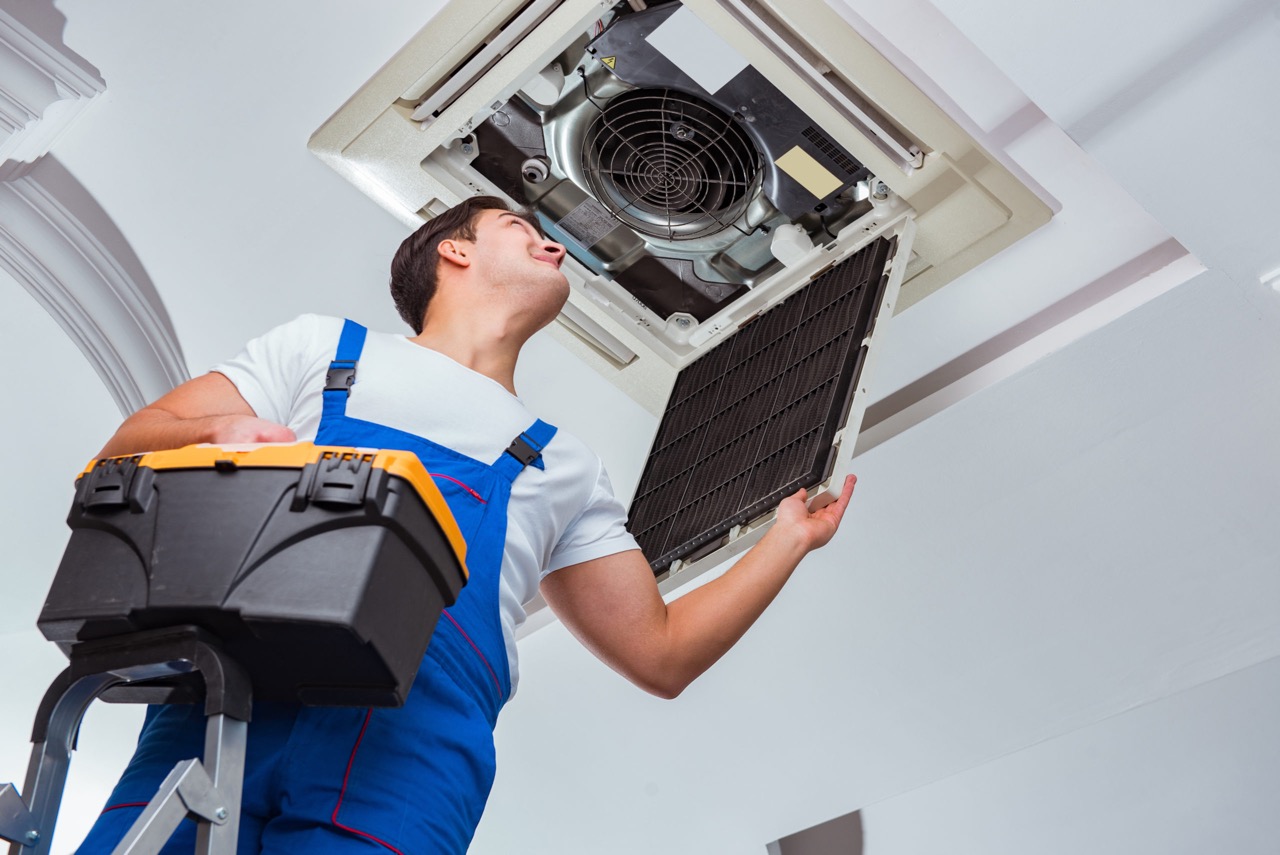
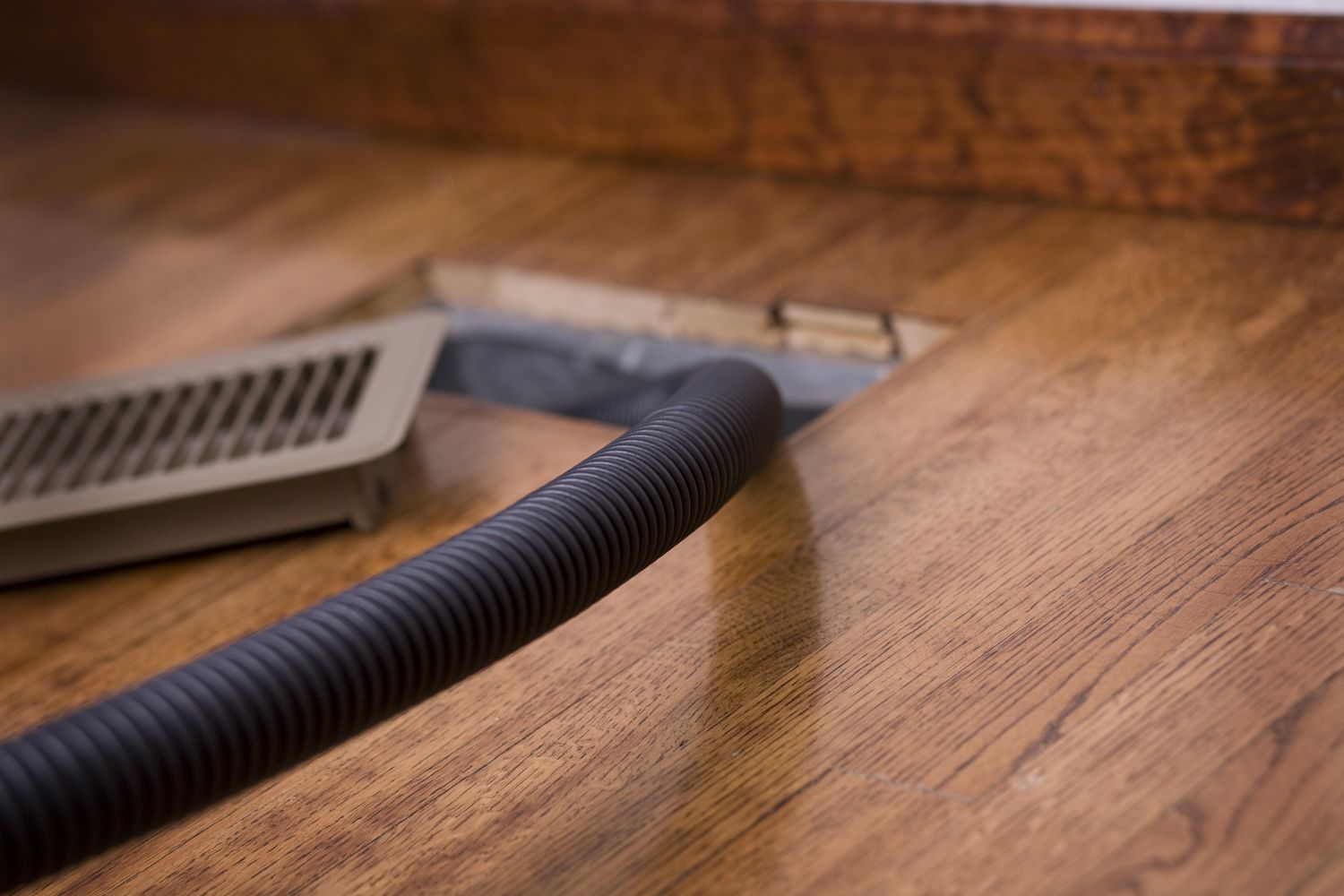
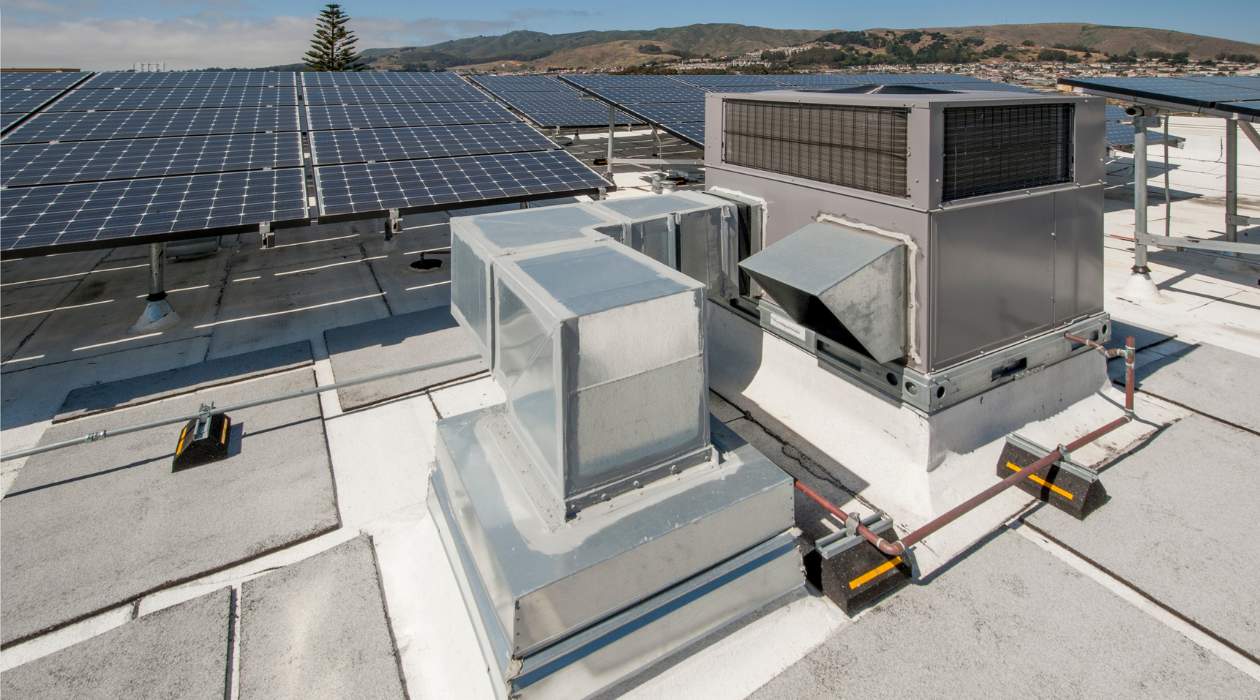
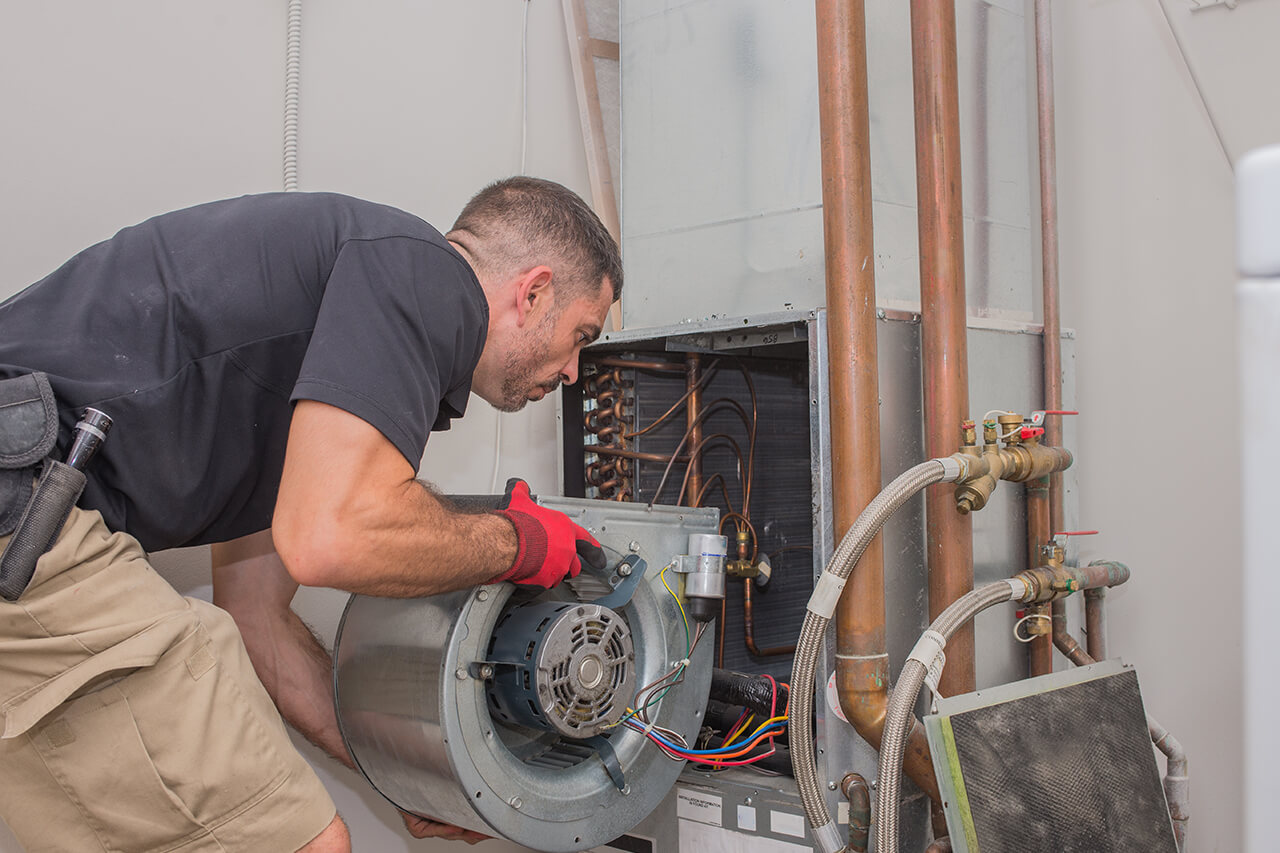
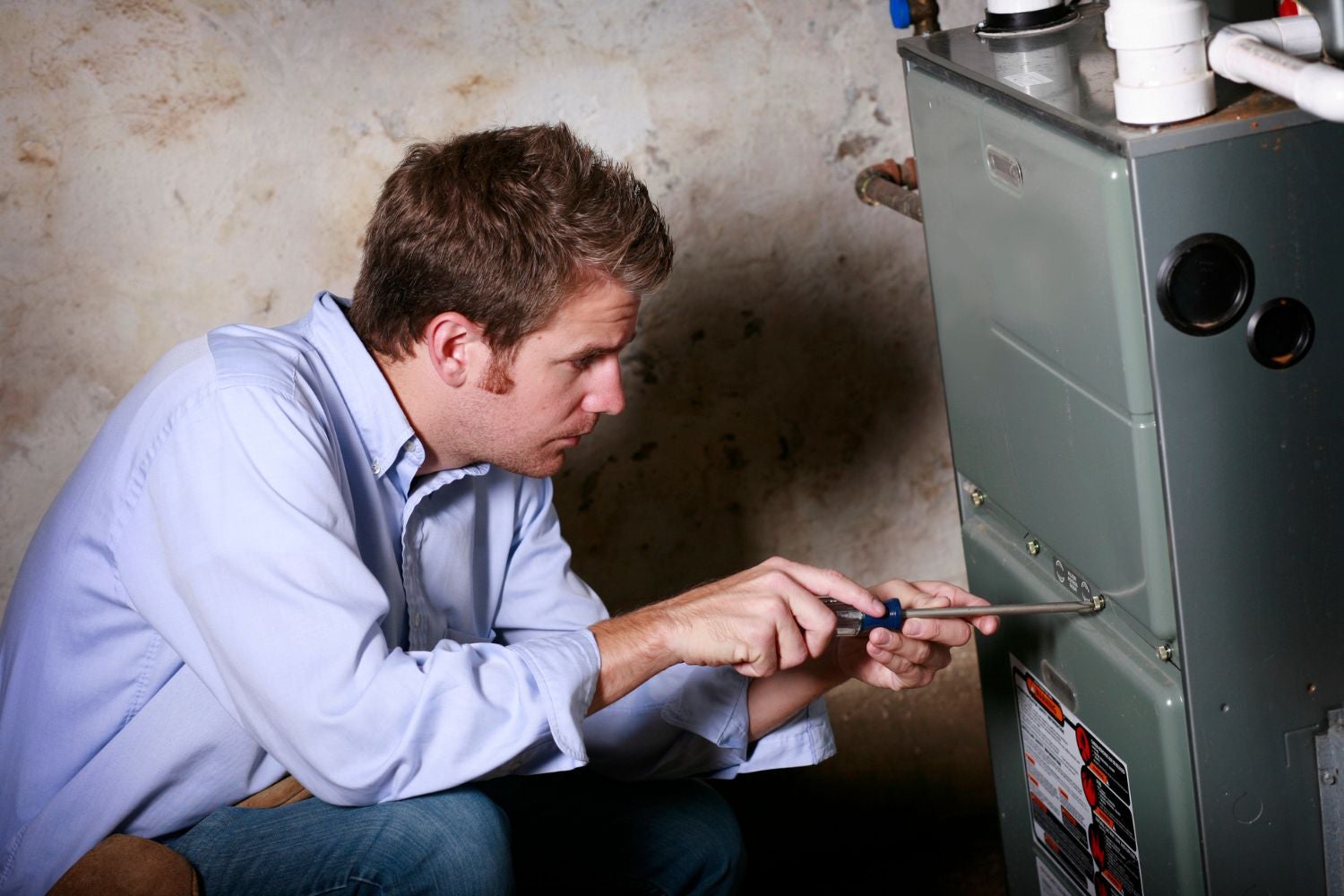
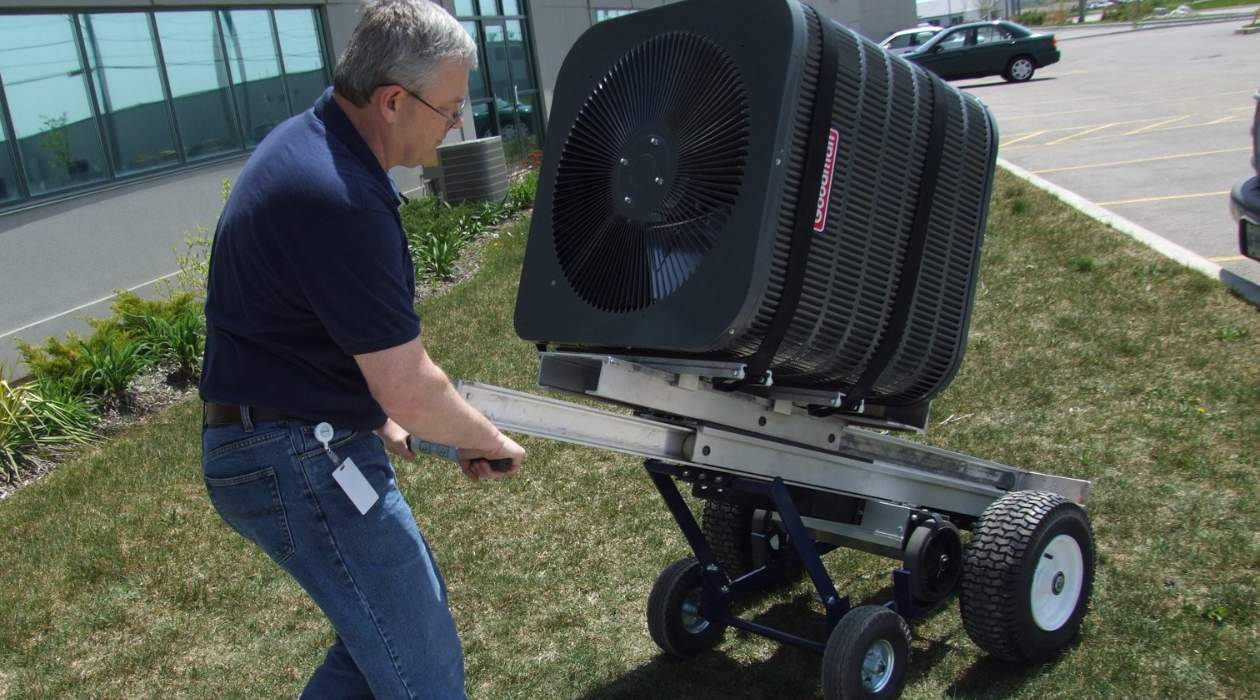
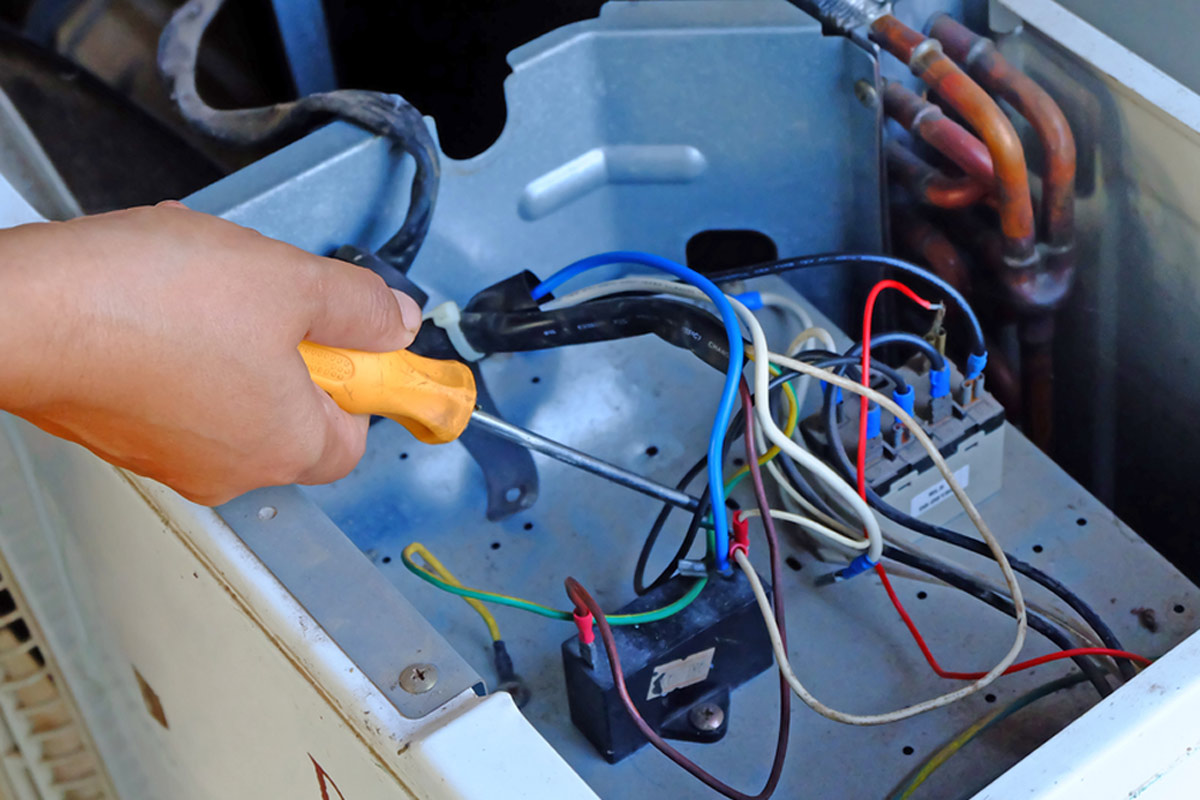

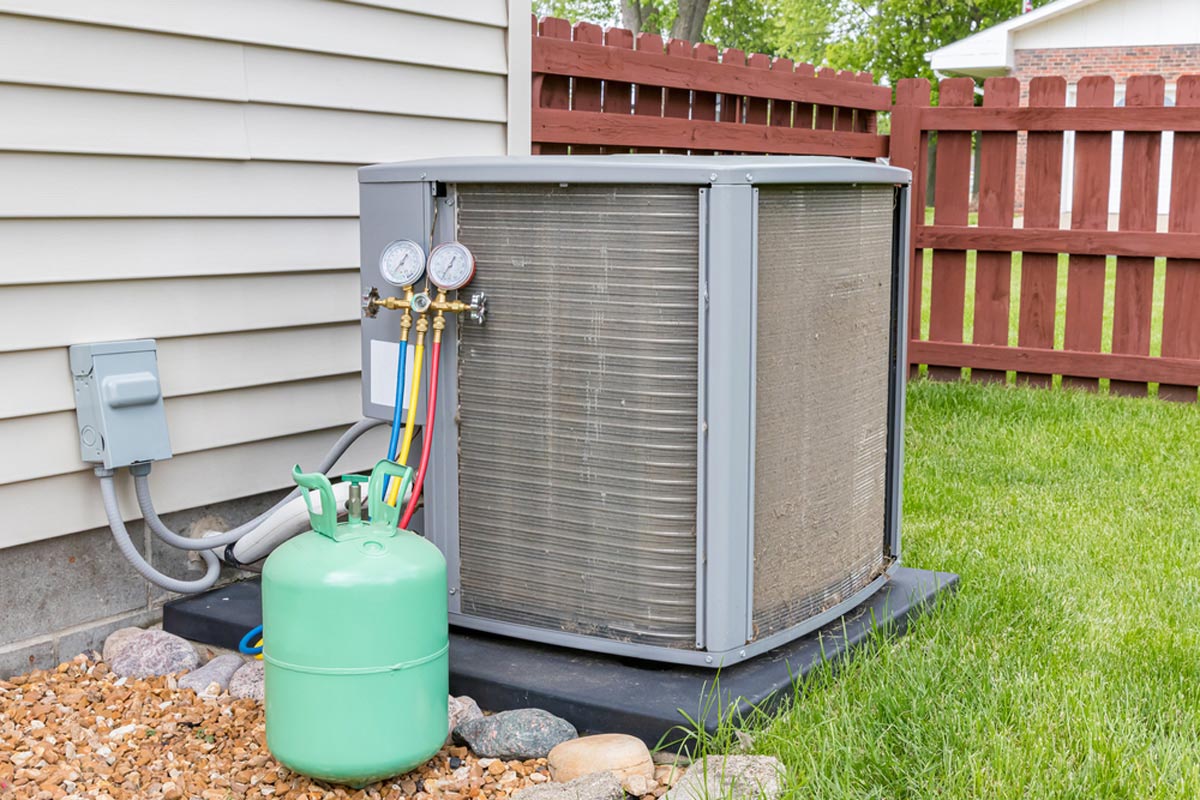
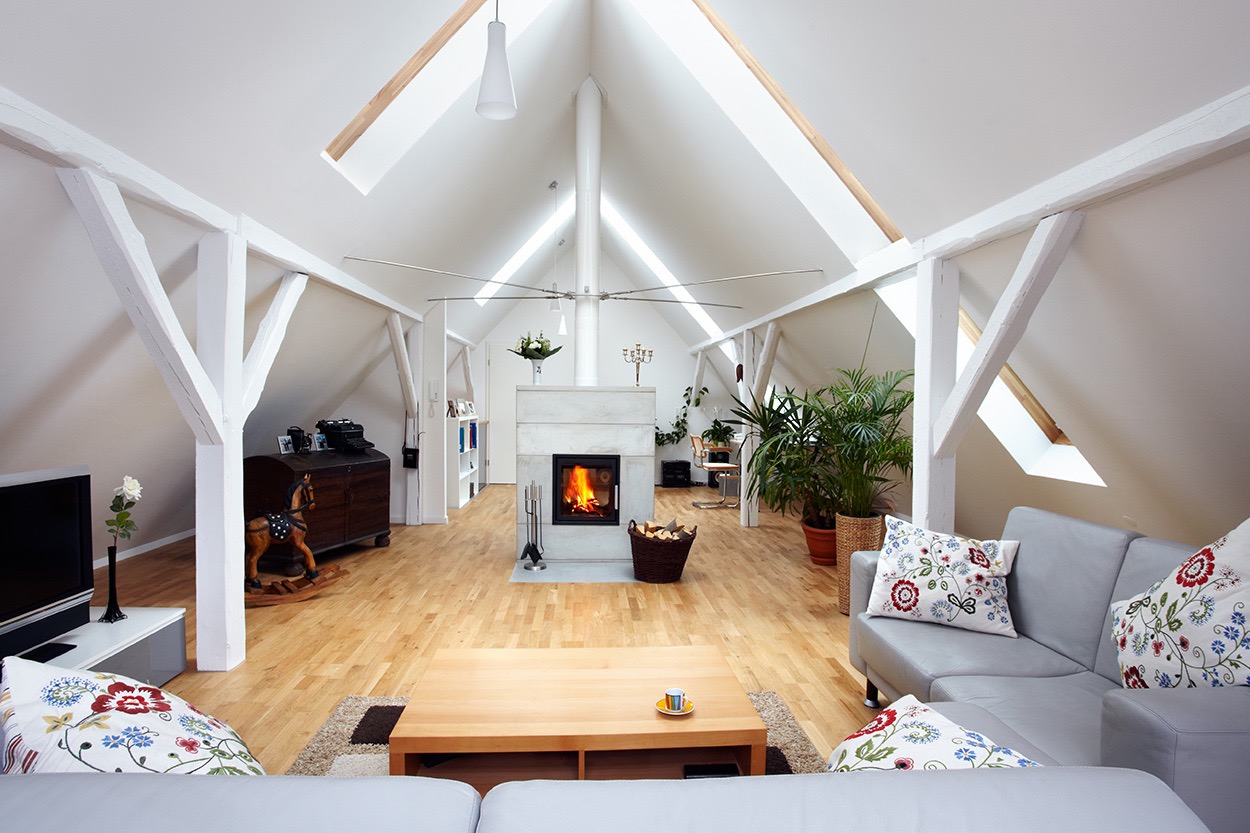
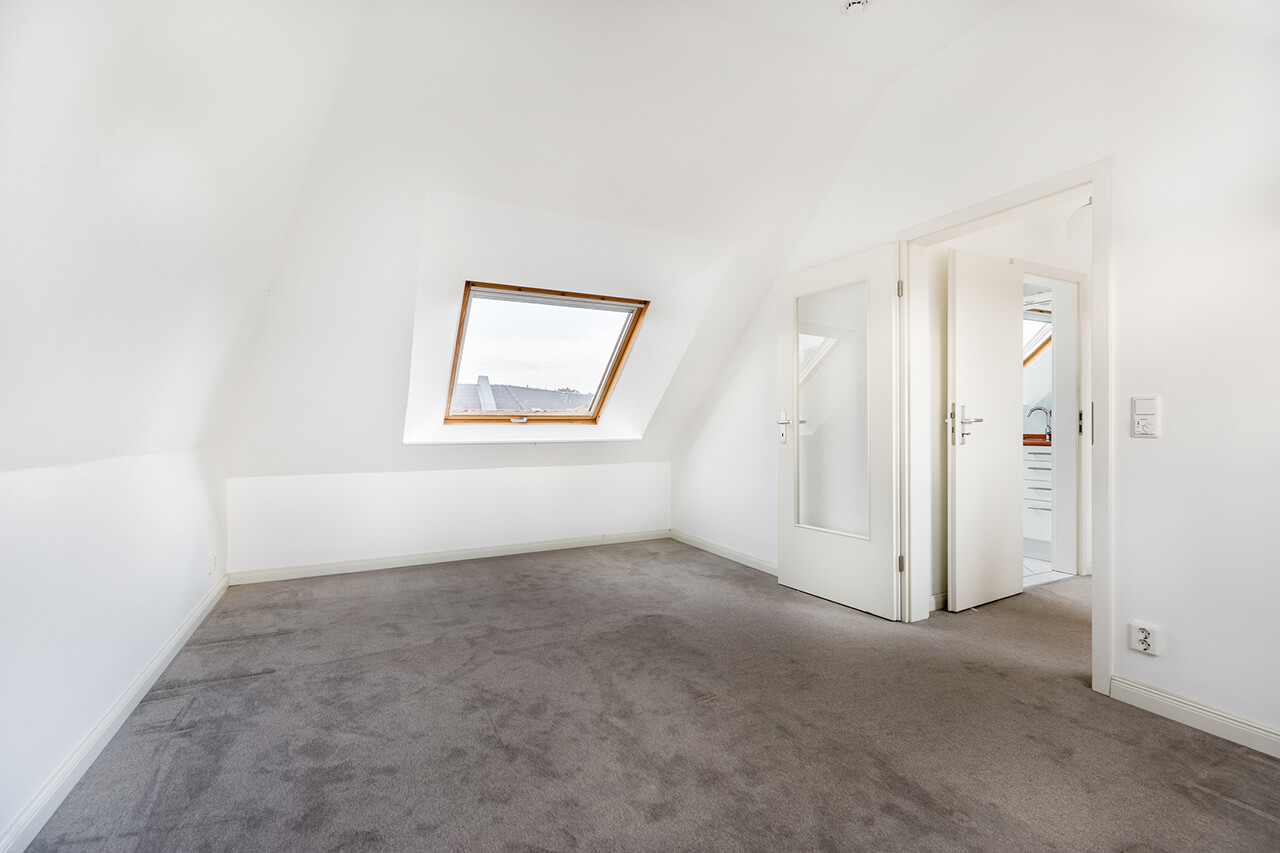
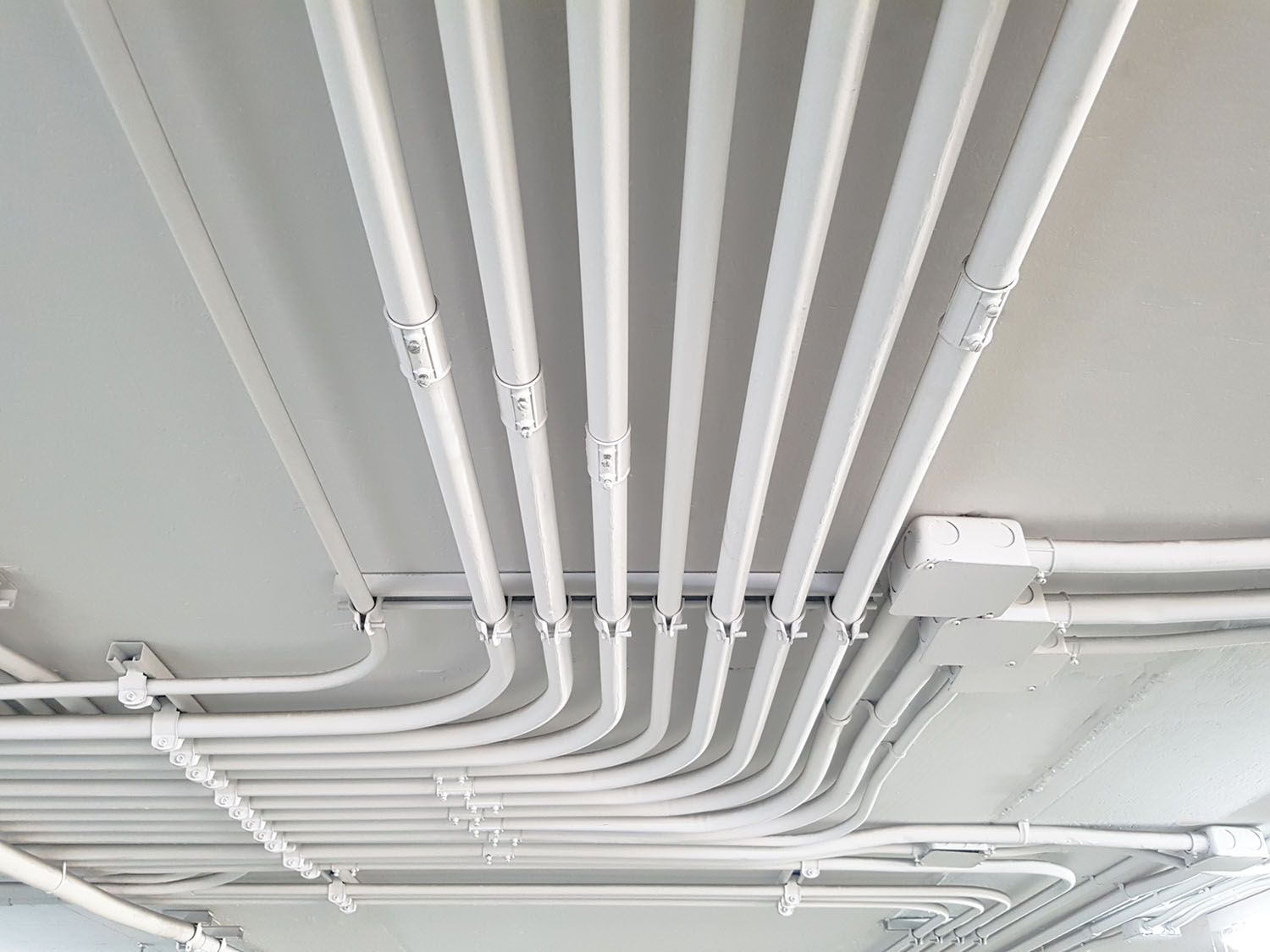
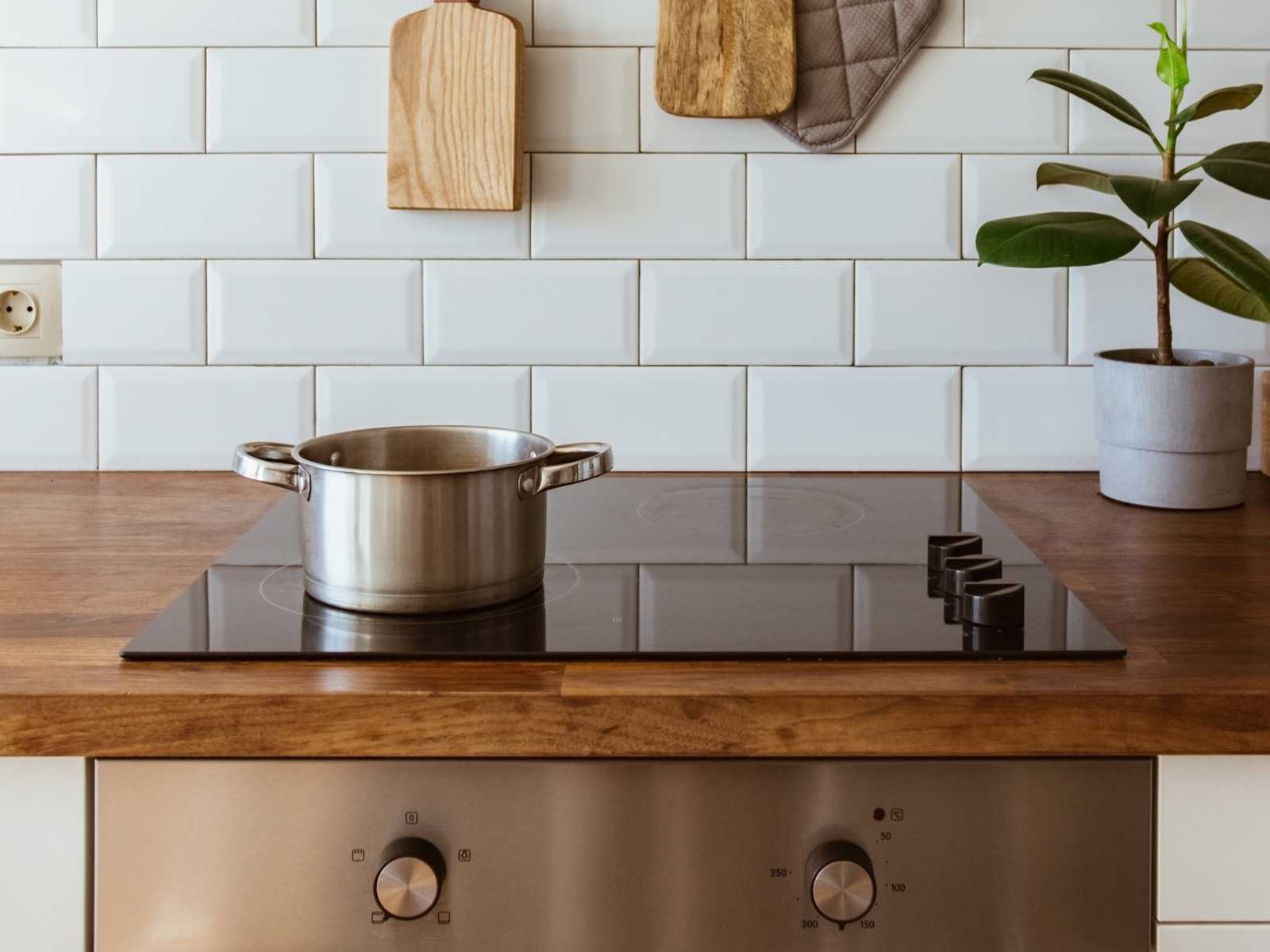

0 thoughts on “How Much Does It Cost To Install HVAC In A House”